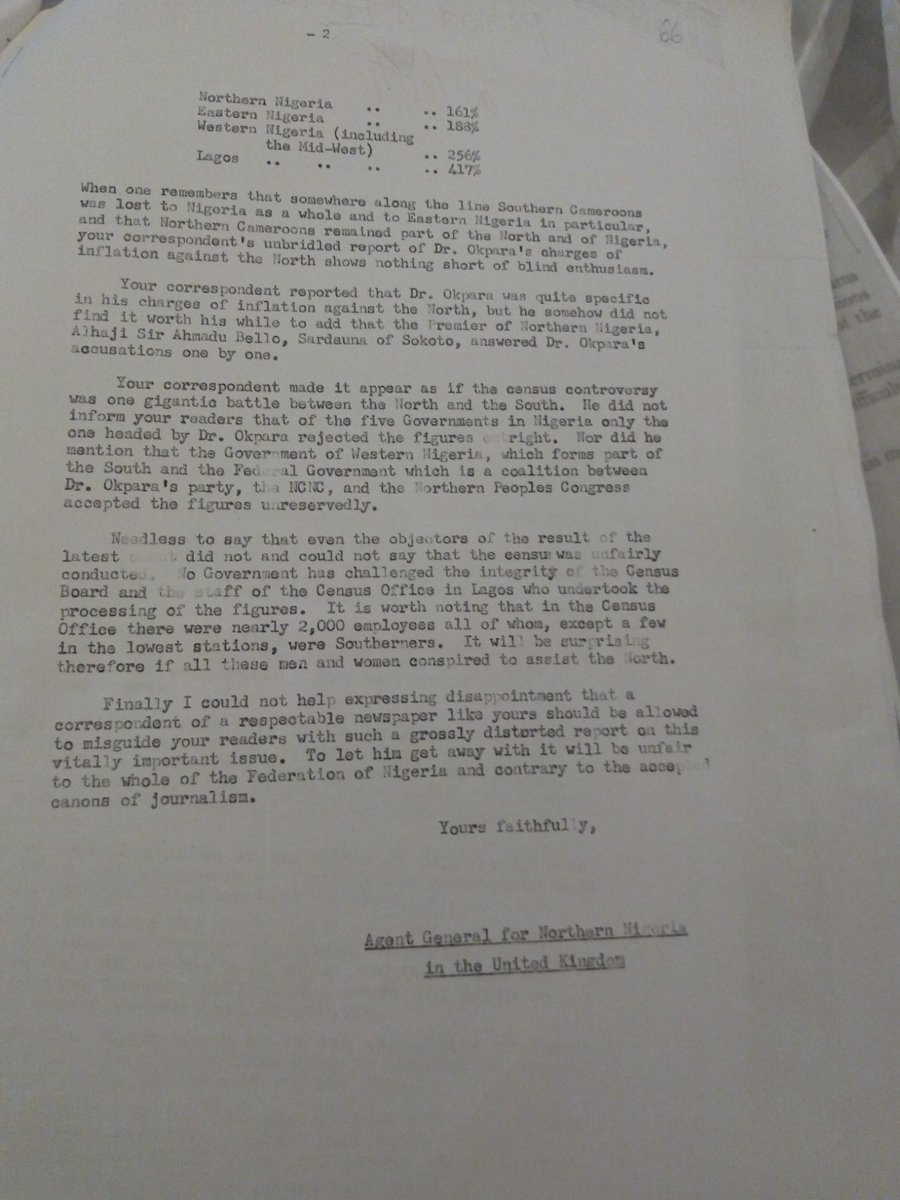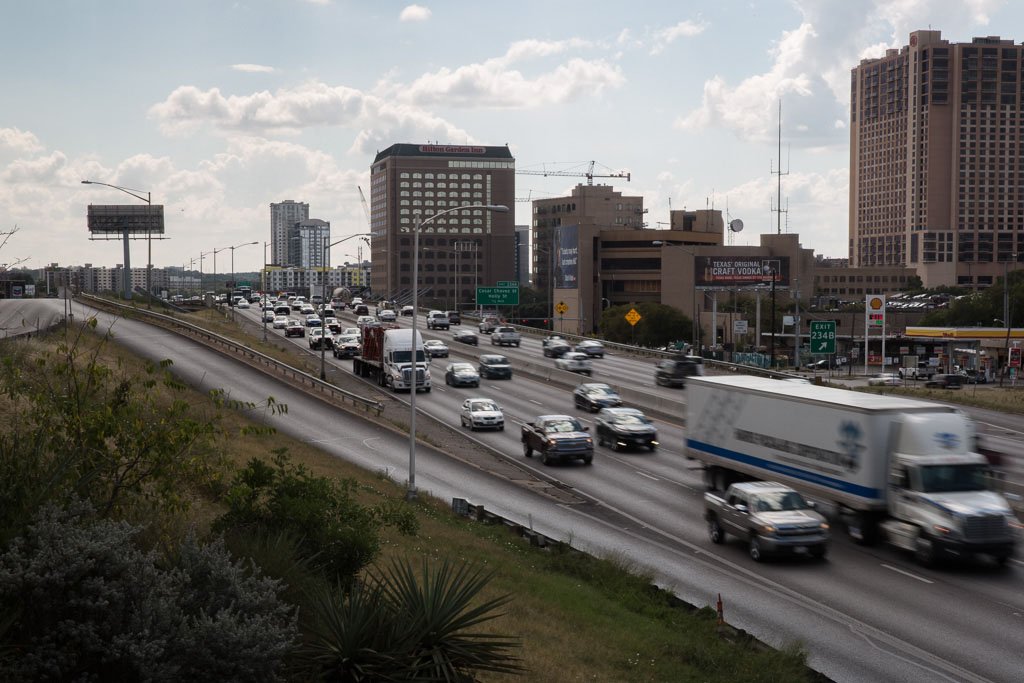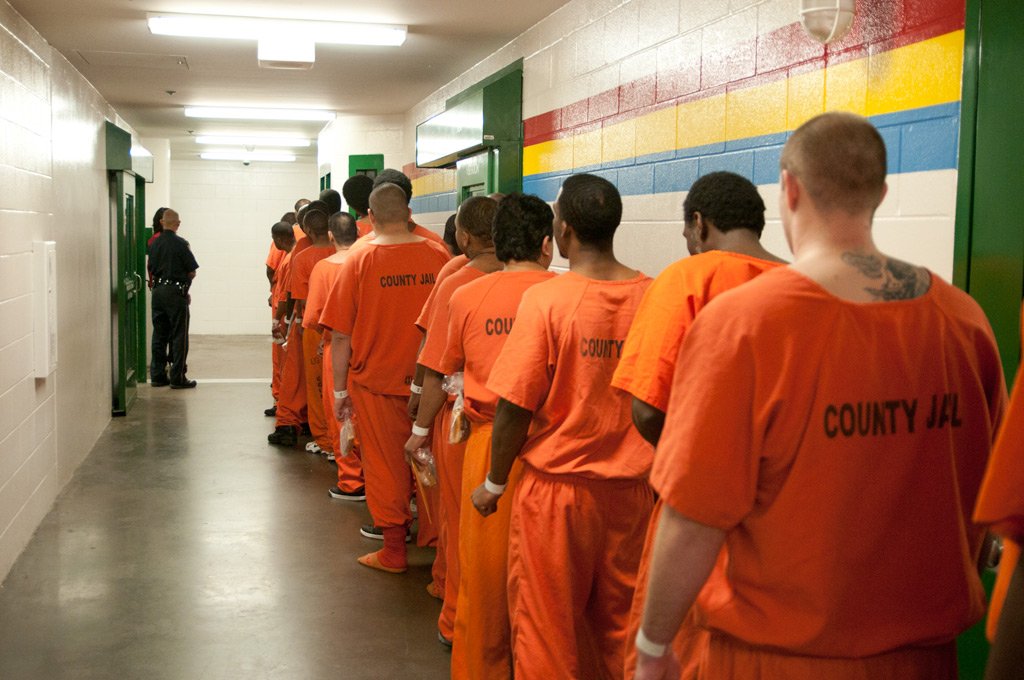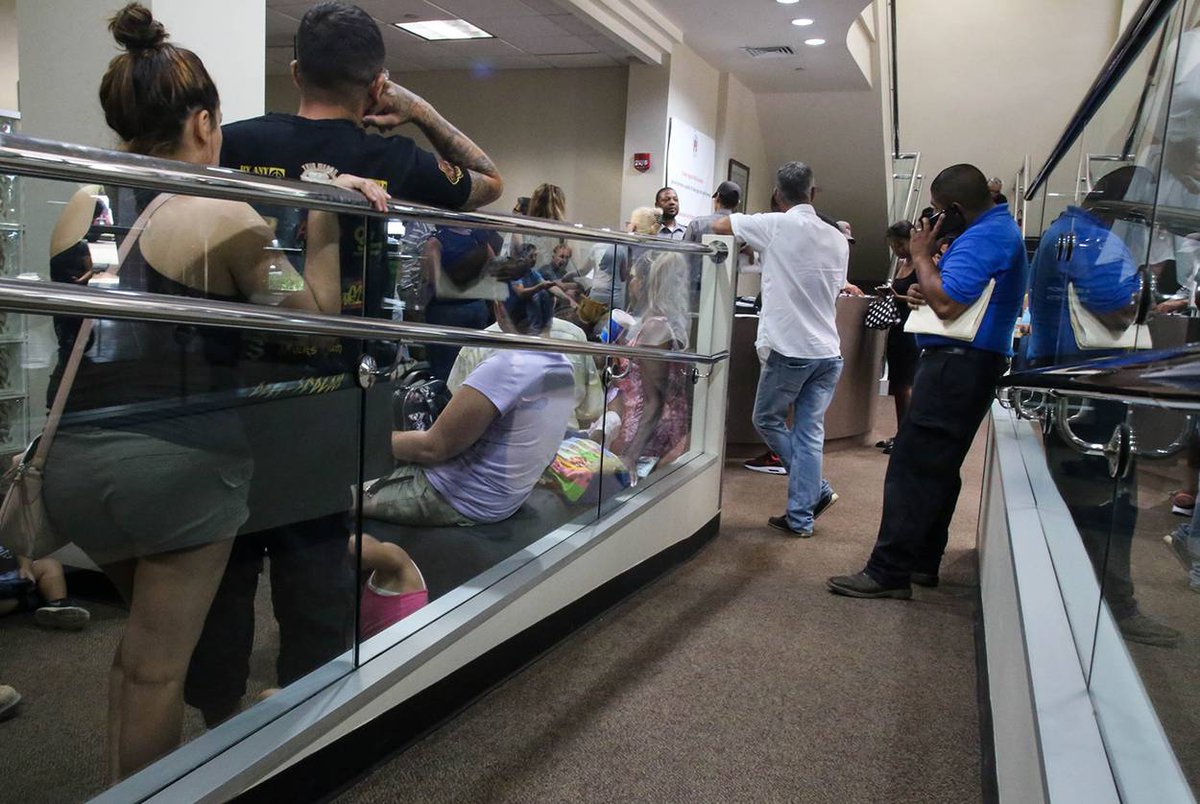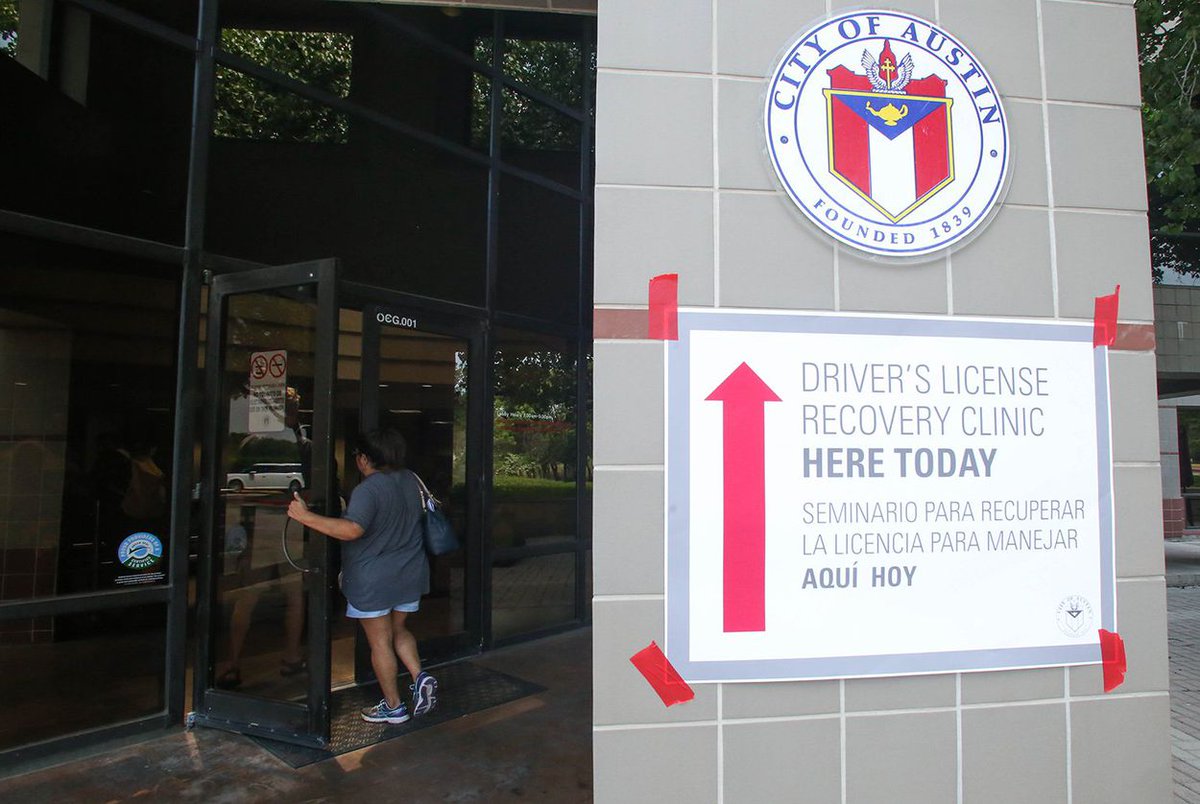Today, we'll discuss how Awo's Action Group imploded in 1962 with him ending up in jail.
We'll also discuss Nigeria's first major census controversy. Who had more people, North or South?
Subsequently, Awo tried to remove Akintola as regional Premier by having him expelled from AG, the ruling
Prime Minister Balewa, happy to weaken Action Group, declared a state of emergency in the West, suspending the AG-controlled regional government for six months,
Action Group thus became an opposition party in its former stronghold.
They released figures showing an improbable 70% increase in the South's population since 1953, compared to a 30% increase in the North.
He said it was "ridiculous" for Northern Nigeria to claim so many people.
Dennis Osadebey, Premier of the newly-created mid-West Region, also accepted the results "for the sake of national unity."
They pointed to figures from 1933, way before anyone was thinking of federal representation, showing the North with a population majority.
However, the Southern counter-argument to this has always been that these were just population estimates, not properly-conducted censuses.
Again, we see here crucial role of population count in Nigerian politics
Perhaps we shall stop there for today. Tomorrow, we'll discuss the 1964 federal elections, which were the first national elections organized in independent Nigeria.
Have a great Sunday folks 😃!
However, it was ultimately decided to maintain a House of Reps with 312 seats, not more.
Just so there's no confusion!


